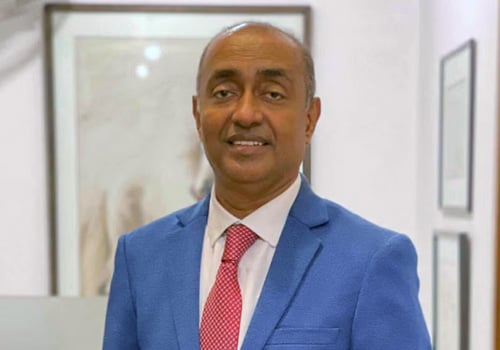Attorney General Mohammad Asaduzzaman delivered a blistering condemnation of Sheikh Hasina on Sunday, declaring the day historic for exposing what he called “the world’s greatest lying autocrat.”
In his pre-trial remarks before a three-member tribunal, Asaduzzaman made the extraordinary claim that no comparable dictator had ever emerged in world history, saying that “if any autocrat sought a PhD in deception, they would need to study under Sheikh Hasina’s tutelage.”
The attorney general’s inflammatory rhetoric escalated as he proposed that “should a global association of dictators be formed, Sheikh Hasina would naturally assume its presidency.” His statements came as the tribunal, chaired by Justice Golam Mortuza Majumdar and including Justices Md Shafiqul Alam Mahmud and Md Mohitul Haque, prepared to hear cases stemming from last year’s July-August violence.
The proceedings, broadcast live on state television BTV, began with the chief prosecutor’s opening statement.
Asaduzzaman framed the tribunal’s work as crucial for Bangladesh’s future, insisting that “maximum punishment for this autocrat and her accomplices” was necessary to protect coming generations. He drew historical parallels with other fallen dictators while asserting that this judicial process must establish justice so thoroughly that “the politics of murder can never again take root in Bangladesh.”
The controversial cases involve over 500 complaints of alleged atrocities during last year’s unrest, with formal charges already brought against Sheikh Hasina and three others. The former prime minister stands accused alongside her ex-home minister Asaduzzaman Khan Kamal and former police chief Chowdhury Abdullah Al Mamun, the latter having been granted state witness status in exchange for full disclosure.
Notably, the prosecution confirmed that despite serving warrants to Hasina’s last known addresses, her continued absence has compelled the tribunal to proceed unilaterally under international legal protocols. The evidentiary phase promises dramatic testimony from prominent figures including Amar Desh editor Mahmudur Rahman, scholar Badruddin Umar, retired military officer Hasinur Rahman, activist Nahid Islam, and family members of July Uprising victims.


